As the fourth phase of Lok Sabha elections concludes in India, veteran election expert Yogendra Yadav delivers a sobering assessment, suggesting that the ruling BJP alliance may fall short of securing a majority government in the upcoming polls.
Yogendra Yadav, renowned for his expertise in conducting polling booth return surveys and opinion polls, has cast doubt on the Bharatiya Janata Party's (BJP) hopes of securing a decisive victory in the Lok Sabha elections. Despite the BJP's aspirations to win 400 seats and form the government for the third consecutive term, Yadav's analysis paints a different picture.
Speaking candidly about his observations after extensive state-by-state visits, Yadav suggests that the BJP's seat tally is unlikely to meet the threshold required for a majority government. With a minimum requirement of 272 seats out of India's 543 Lok Sabha seats, Yadav opines that the BJP may fall significantly short of this target, even with coalition partners.
Contrary to media narratives projecting a BJP resurgence, Yadav emphasizes the need to present a realistic assessment of the electoral landscape. Drawing from his experience and data, Yadav predicts potential losses for the BJP and its National Democratic Alliance (NDA) partners across various states.
Yadav highlights key battleground states where the BJP is expected to face challenges, including Uttar Pradesh, Bihar, and North East states like West Bengal and Assam. He anticipates losses for the BJP in traditional strongholds like Haryana, Punjab, and Himachal Pradesh, as well as in Madhya Pradesh, Chhattisgarh, and Jharkhand.
States like Rajasthan and Gujarat, where the BJP previously enjoyed significant support, may witness a decline in seat numbers, according to Yadav's analysis. Similarly, Maharashtra, Karnataka, and other states are likely to contribute to the BJP's projected losses.
Despite some potential gains in Andhra Pradesh and other regions, Yadav's overall assessment suggests that the BJP could lose up to 70 seats compared to the previous elections. This projection leaves the BJP-led NDA coalition with approximately 268 seats, falling short of a majority government.
As the election process unfolds, Yadav's analysis offers valuable insights into the evolving dynamics of Indian politics and the potential outcomes of the Lok Sabha elections.
Yogendra Yadav's assessment underscores the complexity of electoral politics in India and the challenges facing the ruling BJP alliance. With the election results just days away, the nation awaits the verdict that will shape the country's political landscape in the coming years.



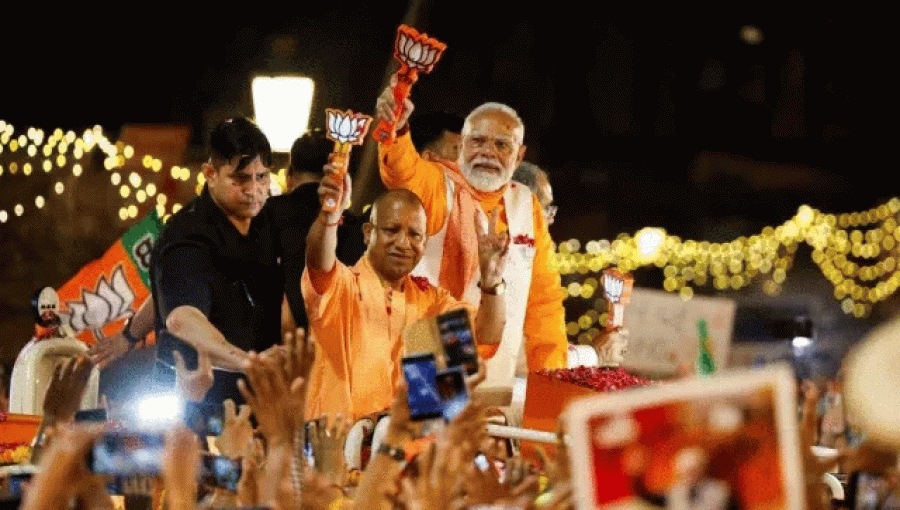




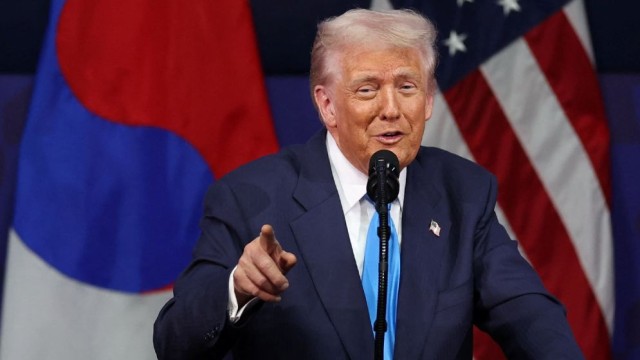

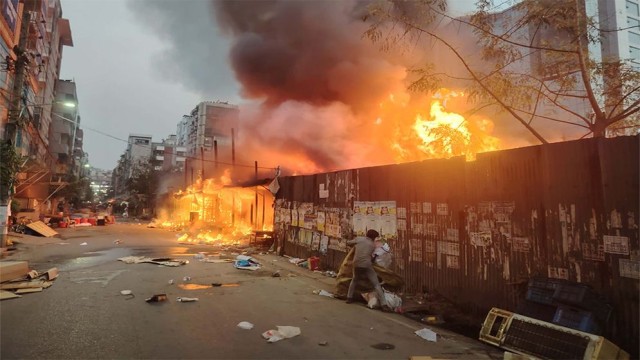
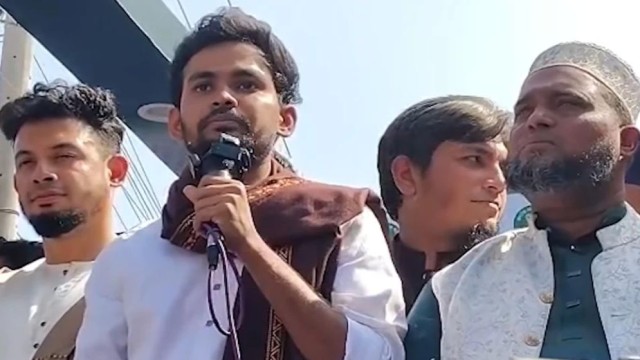

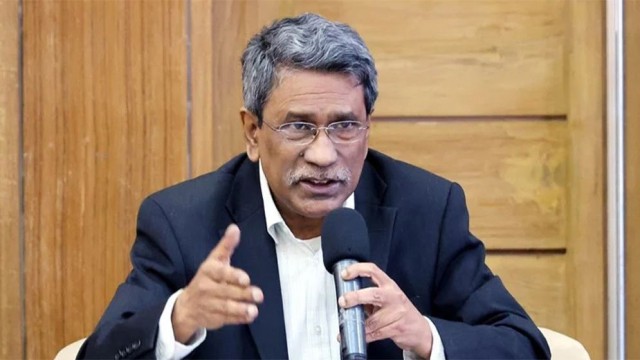


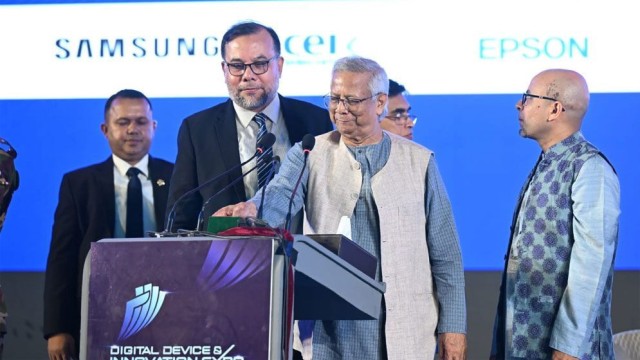
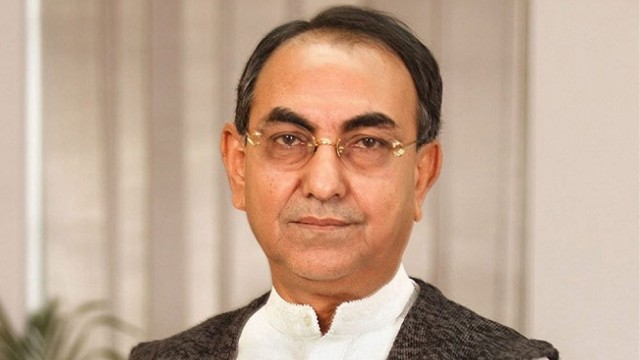
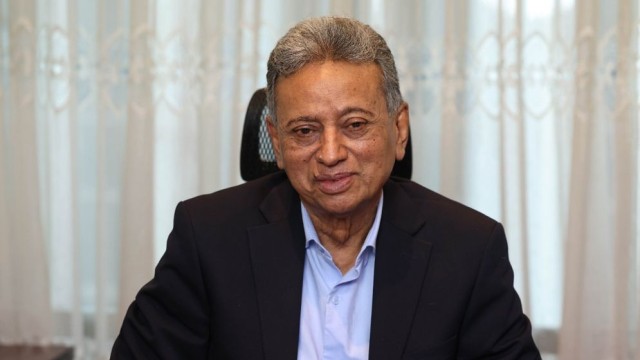
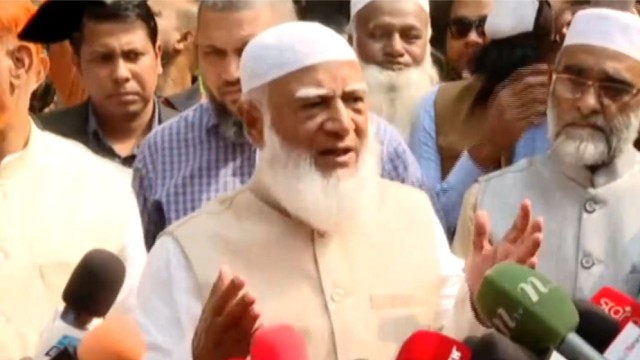

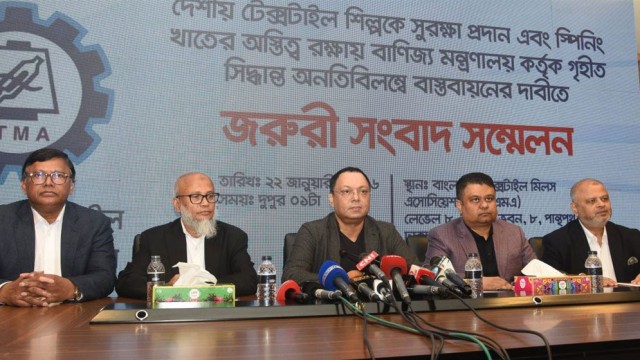
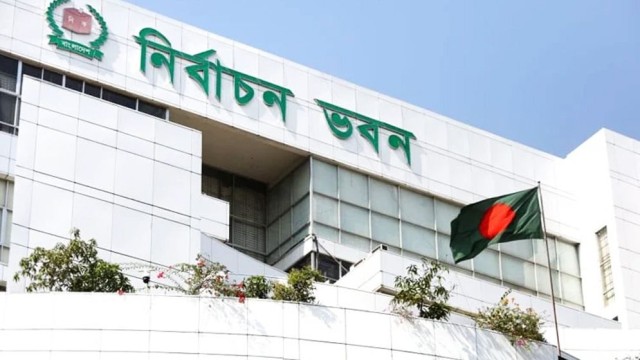

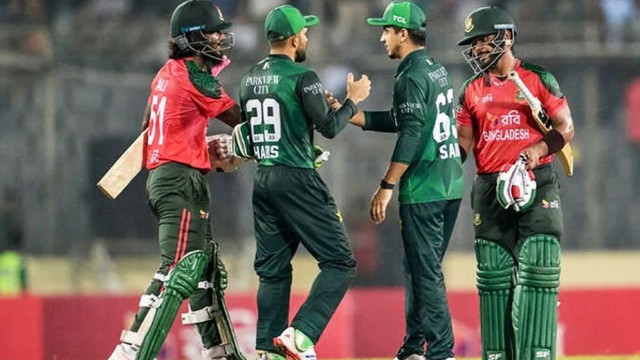

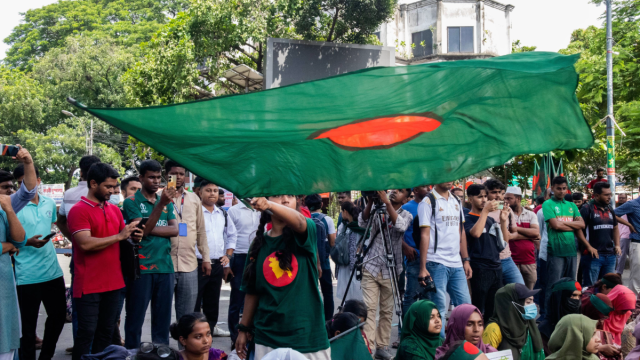

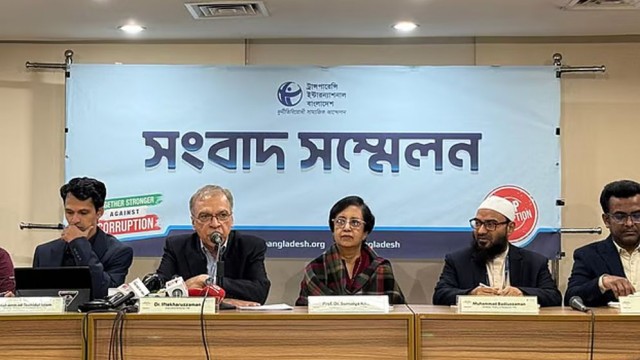


Comment: